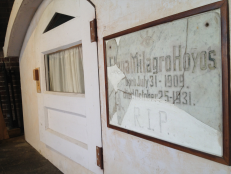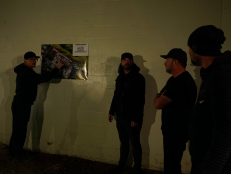Eco-Tourism in the Caribbean
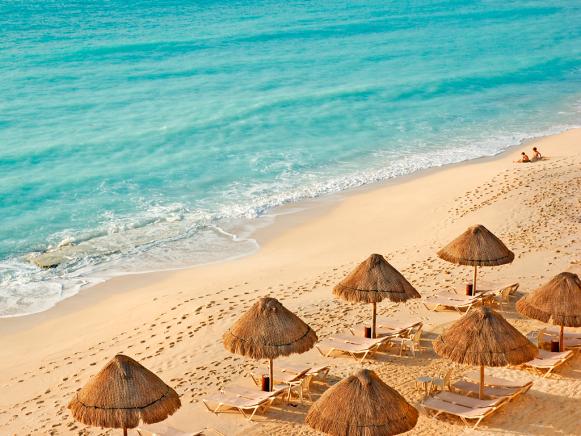
Byron Moore
Ecotourism has become a buzzword for resorts and lodges who want to cater to those interested in low-impact travel. But what, exactly, does ecotourism mean? The International Ecotourism Society (TIES) defines the term as "responsible travel to natural areas that conserves the environment and improves the well-being of local people." We’ve uncovered some of the best ways you can travel to the Caribbean without leaving your conscience at home.
Asa Wright Nature Center and Lodge
Trinidad
The Asa Wright Center was a destination for ecotourists long before the word was coined. Established in 1967 by a group of naturalists and bird watchers, the center’s mission is to "protect part of the Arima Valley in a natural state and to create a conservation and study area for the protection of wildlife." The lodge is home to more than 170 species of birds, including toucans, manikins, tanagers and the rare oilbird. Tourists looking for a volunteer vacation can sign up to spend 2 to 12 weeks helping maintain the fruit trees and flowers the birds depend upon as well as restoring trails, working in the gardens or producing coffee that's sold to visitors. Guests stay in a 1908 Edwardian house and cottages on 183 acres of protected land.
Concordia Eco-Tents
St. John
This resort in the US Virgin Islands operates a "Trash to Treasures" program in which the resort's trash is recycled into craft items and fine art. Guests can visit and participate in classes at the center’s glass studio, clay studio, textile department and gallery. Concordia's low-impact “tents” are more like villas built of canvas and screen with kitchens, baths, solar power and hot water, as well as spectacular views of the forest and ocean. The property is located next to hiking trails and snorkeling beaches in St. John’s Virgin Islands National Park. Daily activities include yoga, snorkeling, diving and volunteering with Friends of the Virgin Islands National Park.
CuisinArt Resort and Spa
Anguilla
This high-concept luxury resort on Anguilla grows food and ingredients on the Caribbean’s first hydroponic farm. In 1999, the resort built a special 18,000-square-foot greenhouse where they farm everything from tomatoes, cucumbers and eggplant to lettuces, microgreens and herbs. Hydroponics saves water through the use of recirculation systems and drip irrigation. The drainage from the greenhouse is then recycled and used to water the outdoor landscape plants. Ninety percent of the produce served in the resort’s restaurants is grown in the greenhouse. CuisinArt’s organic garden also supplies the resort with local tropical foods like avocado, guava, callaloo and star fruit. Guests are invited to tour the garden, help harvest produce and participate in cooking lessons with their harvest.
Natura Cabanas and the Attabeyra Spa
Dominican Republic
This eco-spa in the Dominican Republic between Cabarete and Sosúa was conceived as a compliment to its natural surroundings. Cabanas were built using Feng Shui principles with materials found locally like mahogany, bamboo and coralline stone. Screened walls and windows keep them comfortable without air-conditioning. The property includes a yoga temple and a full-service spa. Other activities include swimming, horseback riding, mountain biking and jeep tours of the backcountry.
Volunteer Vacations
Earthwatch Institute
Caribbean Volunteer Expeditions
If you love the Caribbean and would like to be a part of maintaining the islands for future visitors, then a volunteer vacation may be for you. Fees usually include accommodation (often at a research station), meals and transportation. The Earthwatch Institute, a worldwide organization that pairs volunteers with scientists, operates several research projects in the Caribbean including reef ecology in the Bahamas, rainforest habitats in Puerto Rico and turtle conservation in Trinidad. Throughout the Caribbean, historic structures are subject to natural and manmade threats ranging from tropical storms to tourism-related development. The mission of Caribbean Volunteer Expeditions (CVE) is to support local efforts to record and document historic and architecturally valuable resources. Volunteers with CVE participate in projects such as historic building and cemetery surveys, archaeological projects and preservation construction.
Travel writer Trisha Creekmore has been to more than a dozen Caribbean islands. She once spent 2 weeks tracking lemon sharks with Dr. Sonny Gruber at the Bimini Biological Field Station.
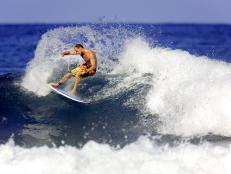
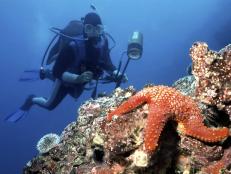
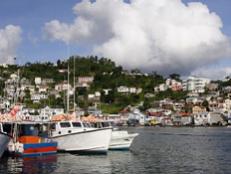
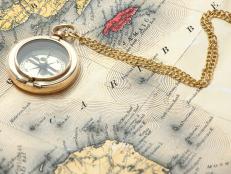
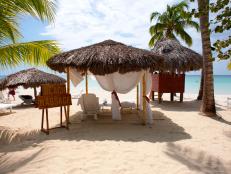
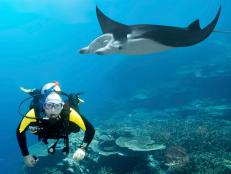
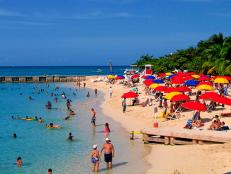

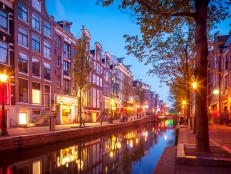



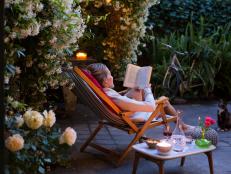

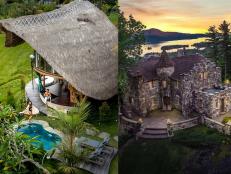


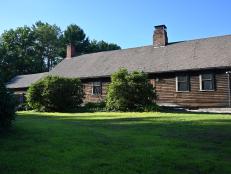
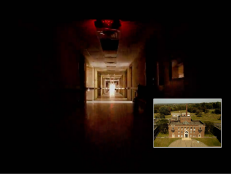

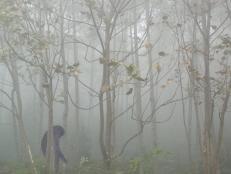
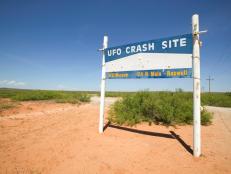





.jpg.rend.hgtvcom.231.174.suffix/1674758726773.jpeg)








